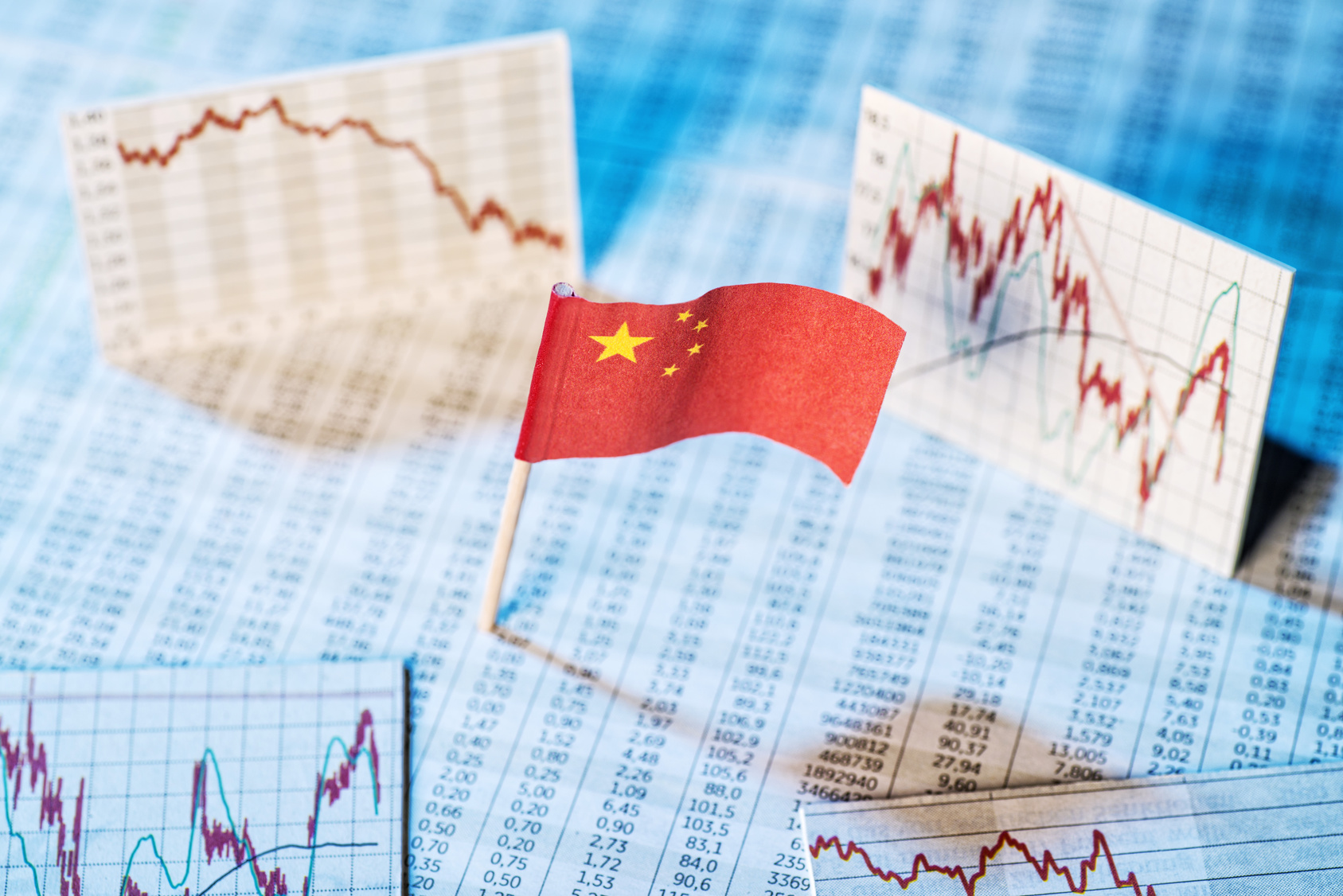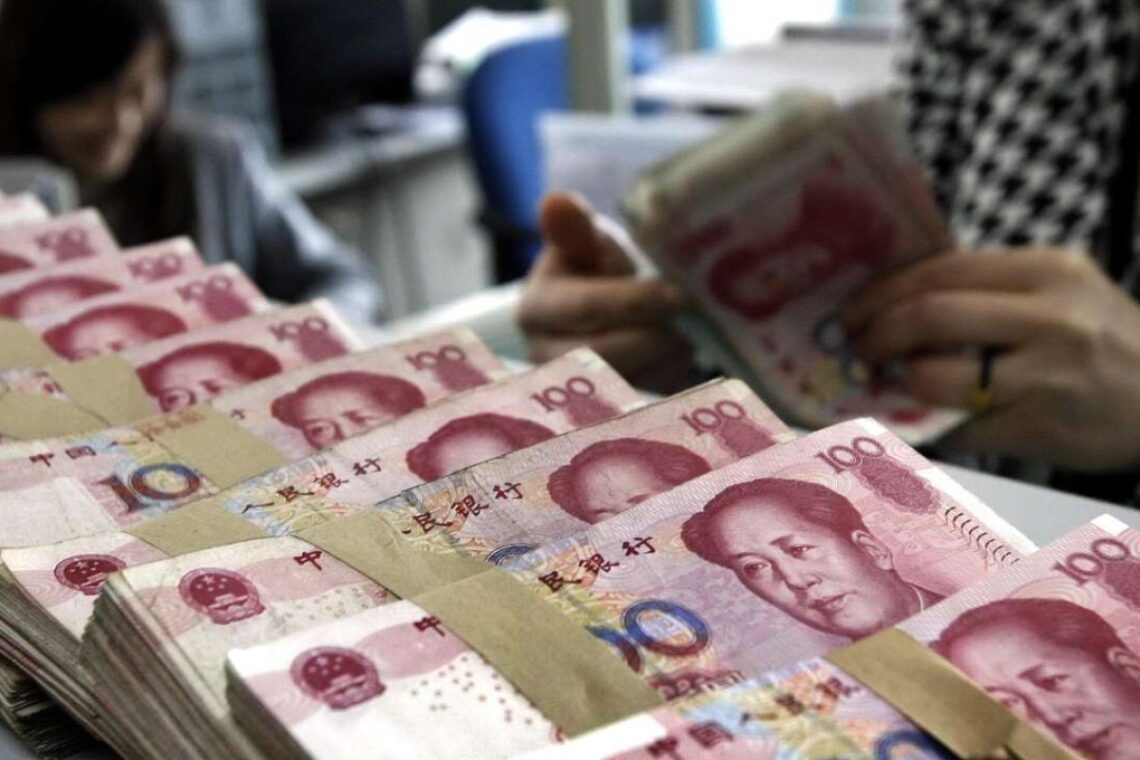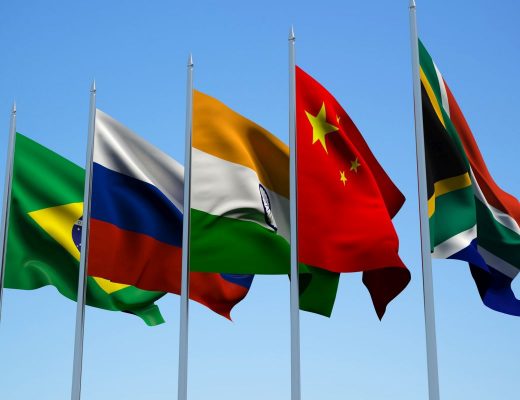China’s budget deficit reached $1.1 trillion
The pandemic has hit the economies of countries around the world, but many have managed to recover ahead of preliminary forecasts. There are those who have been less fortunate, including China. More than 2 years into the pandemic, the country continues to fight outbreaks with strict COVID-19 prevention methods. The zero-tolerance policy has yet to produce tangible results, but it has had a negative impact on China’s budget deficit. In 2022, it reached a record high of $1.1 trillion.
Experts say the main reason for the decline in government revenue is the slowdown of the economy, which can not fully function due to restrictions. At the same time, the cost of providing preventive measures and combating COVID-19 continues to grow. The situation has been exacerbated by the crisis in the real estate market, the bankruptcy of many developers, and the decline in business activity.
China’s budget revenues for 2022 fell by 3%. The most significant drop was in the real estate tax, which is paid when a person buys or sells a property. On an annual basis, revenues fell by nearly 24%. Government revenues from land sales fell by more than 24%. As for expenditures, they increased by 6.2% in China. And the budget deficit in 2022 is almost double what it was in 2020 when the pandemic was in its active phase. Tight restrictions to reduce disease rates have led not only to an increase in business spending but also in consumer spending. Against the backdrop of the country’s underperforming economy, a recession has been going on since the second quarter of 2022.
And the budget deficit in 2022 is almost double what it was in 2020 when the pandemic was in its active phase. Tight restrictions to reduce disease rates have led not only to an increase in business spending but also in consumer spending. Against the backdrop of the country’s underperforming economy, a recession has been going on since the second quarter of 2022.
To eliminate a new outbreak of coronavirus, the Chinese government implemented a “zero tolerance” program. Over time, however, this policy required more and more resources to maintain, while the industrial and consumer sectors struggled. Retail sales fell, and production could not grow due to restrictions. The main cost to the state budget was the regular testing of the population and quarantine measures. At the same time, the number of sick people continued to rise, resulting in increased medical expenses.
In addition, analysts predict that China may soon face a labor shortage as the Chinese try to avoid crowded places.
At the same time, the country’s population is opposed to the harsh restrictive measures, and there are regular protests. The protests have paid off, and the government has eased some restrictions by no longer closing cities and entire regions to quarantine. In addition, people are now allowed to visit other parts of the country, whereas before they were forbidden to leave their localities.










